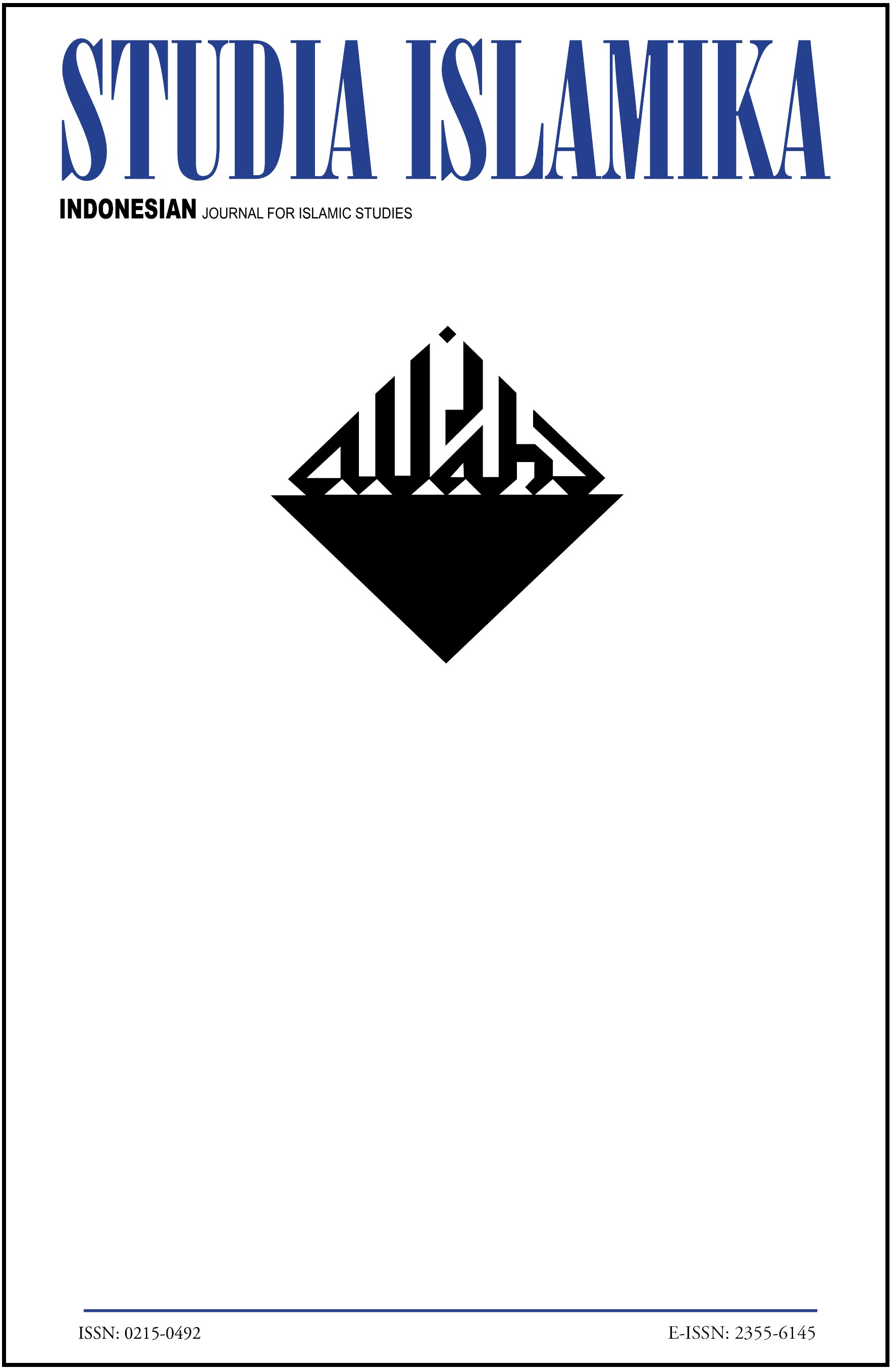Abstract
This paper investigates the evolving landscape of Islamic education in Indonesia, focusing on the preferences of Muslim families affiliated with Muhammadiyah and NU towards madrasah and formal schools. Through a nuanced exploration of historical transformations, curriculum developments, and the socio-religious dynamics influencing educational choices, the study reveals a multifaceted interaction between religious identity, educational aspirations, and modernity. Utilizing unpublished 2010 survey data of PPIM UIN Jakarta, the research underscores a significant inclination towards integrating Islamic studies with general education, reflecting broader trends of Islamic education's modernization. This study not only enriches our understanding of Islamic pedagogy's role in shaping Indonesian society but also highlights the intricate interplay between religious affiliation and educational preferences in the world's largest Muslim-majority country.References
Azra, Azyumardi, and Saiful Umam, eds. 1998. Menteri-Menteri Agama RI: Biografi Sosial-Politik. Jakarta: INIS-PPIM.
Azra, Azyumardi, Kees van Dijk, NJG. Kaptein (ed.). 2010. Varieties of Religious Authority, Changes and Challenges in 20th Centrury Indonesian Islam. Singapore: ISEAS.
Dhofier, Zamakhsyari. 1982. Tradisi Pesantren: Studi tentang Pandangan Hidup Kyai. Jakarta: LP3ES.
Dirdjosanjoto, Pradjarta. 1994. “Memelihara Umat: Kyai Di Antara Usaha Pembangunan Dan Mempertahankan Identitas Lokal Di Daerah Muria.” Ph.D. Thesis. Department of Cultural Antrophology/Sociology Development, Vrije Universiteit.
Direktorat Jenderal Pendidikan Islam, Direktorat Pendidikan Diniyah, dan Pondok Pesantren Kementerian Agama RI. 2022. Pedoman Penyelenggaraan Madrasah Diniyah Takmiliyah. Jakarta: Kementerian Agama RI.
Direktorat Jenderal Pendidikan Islam Kementerian Agama RI. 2022. “Jaga Mutu Dan Kualitas Pendidikan Kemenag Laksanakan Review Pelaksanaan IJOP Madrasah.” https://pendis.kemenag.go.id/read/jaga-mutu-dan-kuulasi-pendidikan-kemenag-laksana-review-pelaksanaan-ijop-madrasah (May 1, 2023).
Eickelman, Dale F. 1985. Knowledge and Power in Morocco: The Education of a Twentieth-Century Notable. Princeton: Princeton University Press. doi:10.2307/j.ctv173f2rn.
Gohari, MJ. 1999. The Taliban Ascent of Power. Oxford: Oxford University Press.
Harbison, F. and C.A. Myers. 1965. Manpower and Education: Country Studies in Economic Development. New York: McGrew-Hill.
Lindsey, Timothy, Jamhari Makruf, and Helen Pausacker, eds. 2023. Islam, Education and Radicalism in Indonesia. New York: Routledge.
Menashri, David. 1992. Education and the Making of Modern Iran. First Edition. Ithaca and London: Cornel University Press.
Noor, Farish, Yoginder Sikand, Martin van Bruinessen. 2009. Madrasa in Asia, Political Activism, and Transnational Linkage. Amsterdam: Amsterdam University Press.
Noor, Farish A. 2009. 1 What Your Teacher Didn’t Tell You: The Annexe Lectures. Petaling Jaya: Matahari Books.
Rifa’i, Nurlena. 2006. “The Emergence of Elite Islamic Schools in Contemporary Indonesia: A Case Study of Al Azhar Islamic School.” Ph.D. Thesis. McGill University.
Starrett, Gregory. 1998. Putting Islam to Work: Education, Politics, and Religious Transformation in Egypt. Barkeley: University of California Press.
Steenbrink, Karel. 1986. Pesantren, Madrasah, Sekolah: Pendidikan Islam Dalam Kurun Modern. Jakarta: LP3ES.
Subhan, Arief. 2012. Lembaga Pendidikan Islam Indonesia Abad ke-20, Pergumulan antara Modernisasi dan Identitas. Jakarta: Kencana.
Tan, Charlene. 2011. Islamic Education and Indoctrination: The Case in Indonesia. New York: Routledge.
Van Dijk, T.A. 2006. “Politics, Ideology, and Discourse.” In Encyclopedia of Language & Linguistics, Amsterdam: Elsevier, 728–40. doi:10.1016/B0-08-044854-2/00722-7.
Wahid, Din. 2014. “Nurturing the Salafi Manhaj: A Study of Salafi Pesantrens in Contemporary Indonesia.” Ph.D. Thesis. Utrecht Universiteit.
Authors who publish with this journal agree to the following terms:
- Authors retain copyright and grant the journal right of first publication with the work simultaneously licensed under a Creative Commons Attribution License that allows others to share the work with an acknowledgement of the work's authorship and initial publication in this journal.
- Authors are able to enter into separate, additional contractual arrangements for the non-exclusive distribution of the journal's published version of the work (e.g., post it to an institutional repository or publish it in a book), with an acknowledgement of its initial publication in this journal.
- Authors are permitted and encouraged to post their work online (e.g., in institutional repositories or on their website) prior to and during the submission process, as it can lead to productive exchanges, as well as earlier and greater citation of published work.

